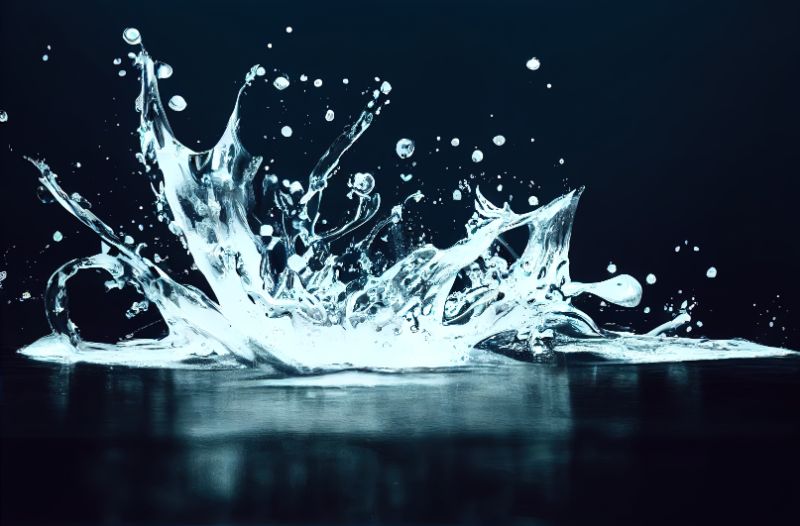The Benefits of Drinking Tap Water Over Bottled Water
Many people are concerned about the amount of waste created by bottled water, so they’ve begun to wonder whether tap water is really as good for you as they think. Fortunately, there are several benefits of drinking tap water that can outweigh the negative impacts of bottled water.
(Looking for “water quality testing Missoula“? Contact us Today!)

Convenience
Drinking tap water is convenient and inexpensive, and it’s available at restaurants, bars, and public drinking fountains — and is almost always free! It’s also easy to fill up a reusable bottle of water before you leave home and bring it with you on the go.
Cleanliness
Tap water is regulated by the Environmental Protection Agency (EPA) to ensure its safety. It’s often treated with chemicals to help prevent contamination and may contain fluoride, which helps keep teeth healthy.
Quality
The quality of tap water varies widely from state to state and can be affected by factors like local weather, groundwater source and filtration methods. However, most cities and towns in the United States have safe, high-quality tap water.
Environmental Impact
Bottled water requires a lot of energy, from treating the water to transporting and refrigerating it. This energy use can cause greenhouse gas emissions that harm the environment and can be harmful to human health.
Moreover, a large portion of the plastic used to make bottled water is made from polyethylene terephthalate, or PET, which can leach into the water over time and is hazardous to the environment. It can also be difficult to recycle.
Price
The cost of bottled water can vary drastically depending on the location. In some areas, it can be as much as 2,000 times more expensive than tap water.
It also requires a significant amount of resources to produce. In the United States, 17 million barrels of oil are used to make bottles every year and it takes 50 million barrels of oil to transport them around the country.
A large portion of the oil used to manufacture bottled water is extracted from fossil fuels such as coal and natural gas, which can contribute to climate change. The carbon dioxide released from burning fossil fuels is also responsible for greenhouse gas emissions.
EWG’s Tap Water Database provides a great resource for checking the safety of your tap water. It lists contaminants and their health effects in a comprehensive, searchable database.
EPA standards for tap water are a bit lower than those for bottled water, but they’re not strict enough to guarantee your water is completely clean. That’s why it’s important to shop around for your water supply and choose a brand that’s committed to reducing pollution.
Taste
Some bottled waters are distilled, which can remove chemicals and other impurities from the water, while others may be naturally mineralized or have additional flavors added to them. In general, a lot of people prefer the taste of bottled water over tap water.
In terms of taste, most people can’t tell the difference between bottled and tap water when blinded in testing. For example, in a study of six different types of bottled mineral water and six types of municipal tap water, most participants could not distinguish the difference even when they were told that the waters had been filtered or had been chlorinated.

